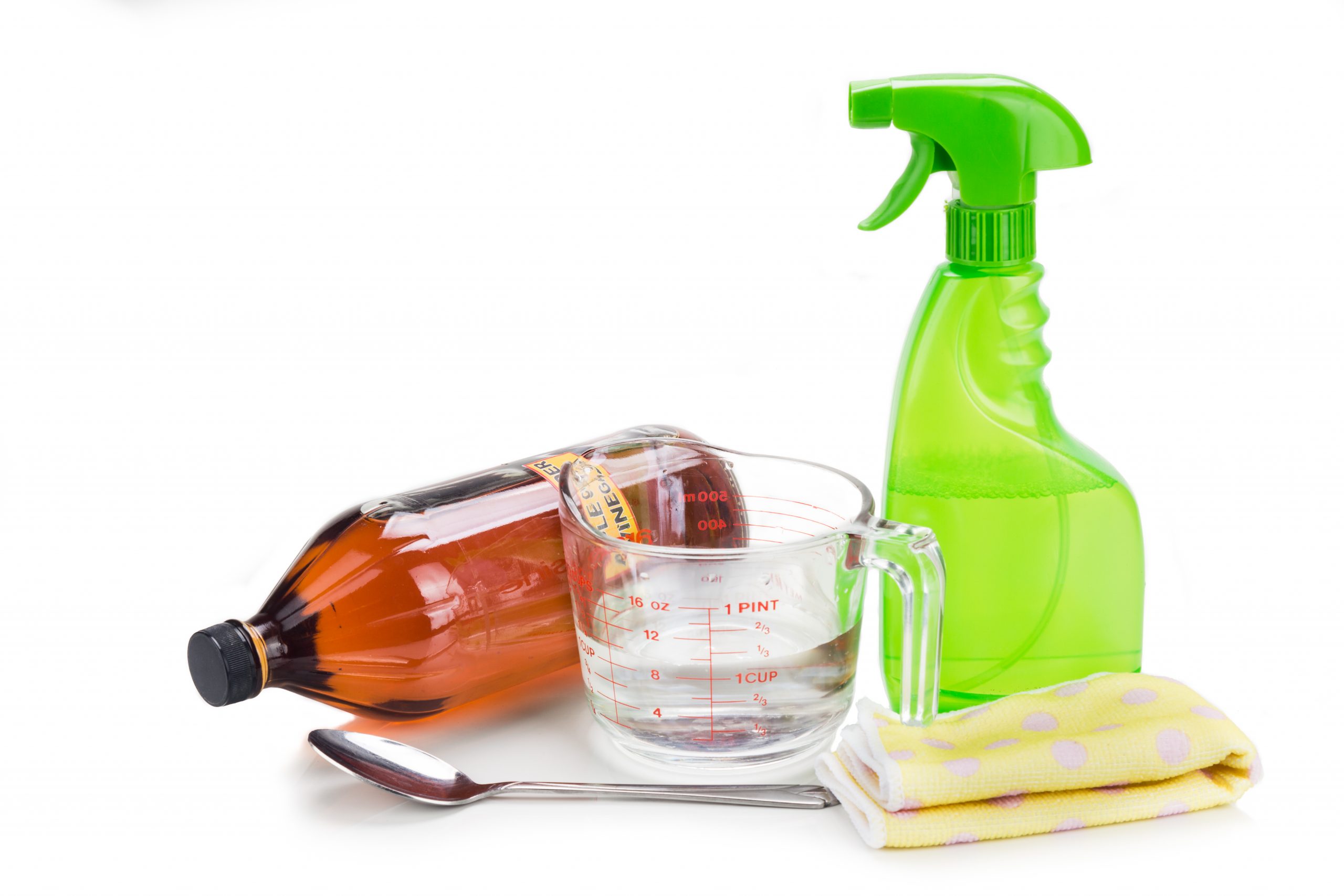As an adult, it’s your job to take care of the house (or to make the kids help with it), but did you know that there are many household items out there that are dangerous to your pets?
These products are a lot more common than you think, and they are found in different places around the house.
Kitchen:
- There are several harmful cleaning products, and these are the ones that contain chemicals like bleach, chlorine, glycol ether, ammonia, and formaldehyde. Make sure when you select your cleaning products they do not contain those ingredients, if possible. Pets absorb the chemicals through their paws, when surfaces are still wet, or by ingesting them by chewing product containers. These chemicals can lead to anemia, cancer, kidney damage, and liver damage. This article from Mom.me offers 10 safe cleaning products to use in a house with pets.
Outside:
- Lawn fertilizers are dangerous to pets because they contain the herbicide 2, 4-D and can cause malignant lymphoma, a type of cancer. Pets absorb the herbicide when they run and play in the grass and sometimes they eat the grass and ingest the herbicides.
- Salts used for de-icing are also dangerous to pets. After an animal walks over the salt, they ingest the sodium chloride through licking their paws. Ingesting small amounts can cause excess salivation, vomiting, nausea, burns, and skin irritation. If they ingest larger amounts, it can lead to lethargy, irritation in their oral and GI systems, and tremors.
Bathroom:
- Medicines prescribed for humans should never be given to a pet. Lots of over-the-counter drugs such as Tylenol, Aleve, Advil, and Motrin are poisonous to pets. Always keep your medicine bottles out of reach of pets, and pick up any dropped pills straightaway.
If you think your pet has absorbed or eaten one of the products on the list above, call your vet immediately, and, if possible, take them to the vet’s office to be seen. You can also call a local poison control hotline.

